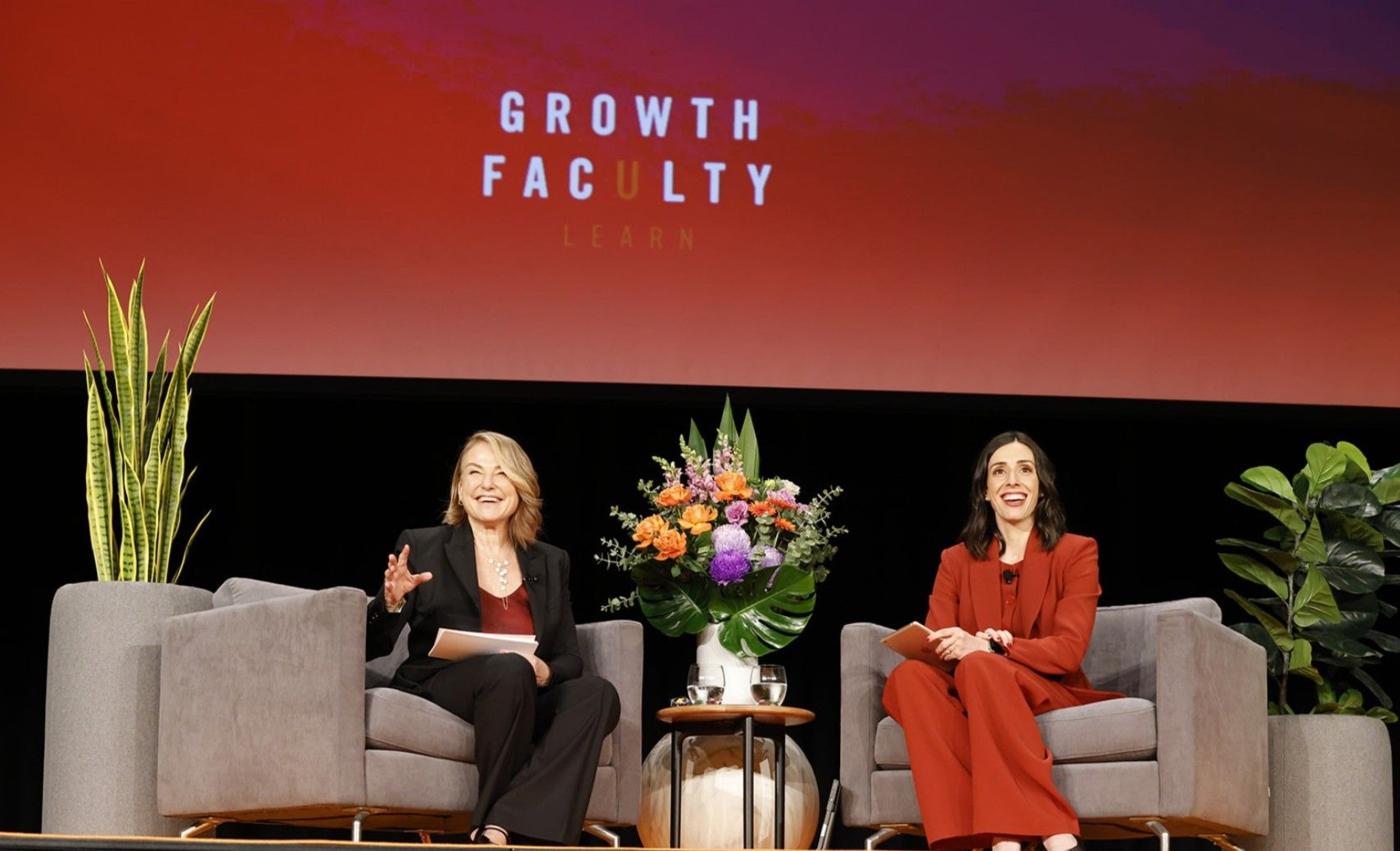Marcus Buckingham: 4 ways to build resilience
Future of Work leadership masterclass tips to build resilience in a post-pandemic world


Leadership
Upcoming Learning
Who's Up Next?We're continually sourcing the world's greatest minds for your business success, so subscribe today for event updates, business ideas, leadership tips and tools for growth.
Related Articles


